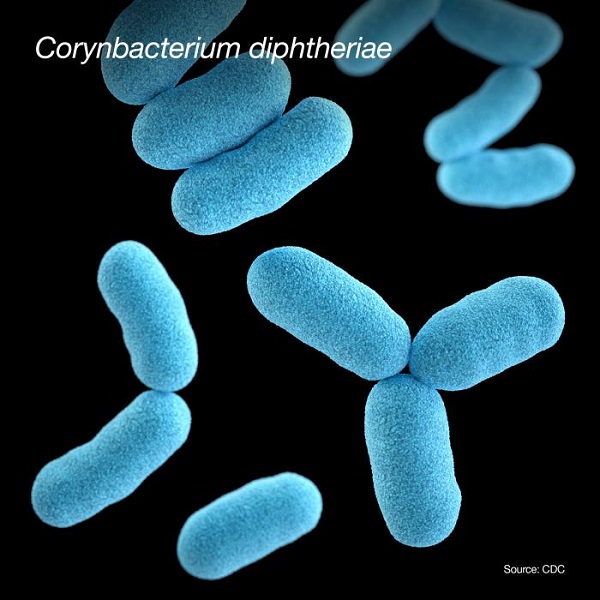
In a proactive response to the ongoing diphtheria outbreak, the Nigeria Centre for Disease Control and Prevention (NCDC) has activated surveillance, response efforts and public health measures across 114 Local Government Areas in 19 States, including the Federal Capital Territory (FCT). The director-general of NCDC, Dr. Ifedayo Adetifa made this announcement during a press briefing held in Abuja.
Adetifa emphasised the significance of robust surveillance in tracking the number of suspected and confirmed diphtheria cases, providing a detailed breakdown by states and age groups. As of October 3, 2023, Nigeria has reported 13,204 suspected diphtheria cases, with 8,406 of them confirmed across 114 local government areas in 19 States and the FCT.
Breaking down the confirmed cases, Adetifa noted that 73.7 per cent of them were aged 1-14 years, highlighting the vulnerability of children to the disease. Specifically, infants accounted for less than 1 per cent, 1-4 years comprised 14.40 per cent, 5-9 years made up 32.2 per cent, and 10-14 years accounted for 27.1 per cent. Adults above 20 years represented 15 per cent of confirmed cases.
“Most of the confirmed diphtheria cases in the country were unvaccinated against diphtheria,” Dr. Adetifa emphasised. Among the 8,406 confirmed cases, 64 per cent were either unvaccinated or partially vaccinated, while 25 per cent had received full vaccination against diphtheria. Notably, 11 per cent had an unknown vaccination status.
To combat the outbreak, the NCDC has deployed national rapid response teams (NRRT) to various states to support response efforts, including active case searches in communities and healthcare facilities. Additionally, the agency has established a diphtheria laboratory network, consisting of 14 laboratories capable of conducting diphtheria testing. Efforts are underway to optimise five more laboratories at the subnational level.
Collaborating with partners such as UKHSA, WHO and MSF, the NCDC has conducted refresher training for the National Rapid Response Team laboratory personnel. There is also an ongoing installation of laboratory equipment in Kaduna, Katsina and Bauchi states to enhance laboratory capabilities.
However, Adetifa pointed out that security challenges have hindered the accessibility of response teams to certain locations in affected local government areas across various states.
The deputy country representative of the World Health Organisation (WHO), Dr. Alexander Chimbaru stressed the importance of engaging traditional, religious and community leaders in supporting child vaccination efforts. He affirmed the safety and efficacy of the vaccines used in Nigeria and encouraged community involvement in tackling the disease.
The country director of the United States Centres for Disease Control and Prevention (USCDC), Dr. Mary Boyd commended Nigeria for establishing a task force to address the diphtheria outbreak. She emphasized the need to build systems that enhance the country’s response to future outbreaks. Boyd urged parents to prioritise bringing their children to health centres for vaccination and stressed the significance of immunisation.
The proactive measures and collaboration between government agencies, international partners, and communities reflect a comprehensive approach to managing the diphtheria outbreak in Nigeria. It underscores the commitment to safeguarding public health and addressing immediate and future health challenges.

